Shareholder protection is a relatively simple concept but needs technical input to ensure that it’s set up correctly and can be relied upon if it’s needed.
We run through the basic principles and highlight where additional research or actions may be required.
What are the shareholders protecting?
Shareholder protection offers the following for each party:
- Deceased Shareholder – ensures that his or her family receive a fair value for their inherited shareholding through a simple and streamlined process. This is particularly important if the family are not involved in the business and are therefore not willing or able to assume the roles and responsibilities of the deceased
- Surviving Shareholder – ensures that they are the only person who can buy the shares from the relatives of the deceased, preventing the shares falling into the hands of a competitor or other unwanted party. It also provides the money to pay for the purchase without the need for borrowing or placing strain on the finances of the business.
More often than not disputes arise because scenarios haven’t been fully discussed and agreed in advance. Implementing shareholder protection forces the business owners to have these conversations with each other and their families and ensures that all parties know what will happen.
This reduces the risk of dispute which exists in every business structure, including those involving families, and prevents anyone from feeling that they have got a raw deal.
The implications can be more far reaching than anyone might expect if a dispute does arise. For example, a surviving shareholder who feels that they are being held to ransom might simply choose to fold the business and establish an equivalent company solely in their own name using the contacts and goodwill established under the first company.
What is shareholder protection?
Shareholder protection is the umbrella term used to describe the action of putting in place a framework for what happens to shareholdings in the event of the death of a shareholder. The term also refers to the insurance policy that is used to ensure money is in place to cover the costs of the shareholding changes.
Sometimes people use the term only to mean the insurance but you must be careful as the insurance is useless if the correct framework isn’t in place.
What is the impact of Coronavirus on shareholder protection?
The recent pandemic has made us all a bit more aware of our own mortality. Whilst it was ever the case that an accident or health issue could have resulted in the unexpected death of a shareholder, the statistics surrounding coronavirus should be a wake up call to any shareholders who do not have this protection in place.
Our team are working remotely meaning that it is theoretically possible to implement shareholder protection in spite of current restrictions.
The one caveat to that is that if the insurance policy needed to underpin the agreement requires underwriting (specialist terms based on lifestyle or health factors) it may not be possible to implement immediately as this usually requires a GP report which many surgeries are not issuing at the current time.
Can the business pay for the shareholder protection premiums?
The simple answer is yes it can, however there can be significant tax implications so we recommend that the appropriate advice is taken from a company’s accountant to ensure that the premiums are treated in the correct way.
Information you’ll need to supply to obtain a quotation
We would always recommend seeking professional advice when obtaining any quotations on shareholder protection.
However, starting the process is relatively simple. To obtain an initial indication you’ll need to supply the following information:
- Estimated value of the business
- Percentage split of shareholdings
- Anticipated length of the policy
- Names, dates of birth and postcodes of lives to be insured
For further information, contact the Chartered brokers at Hine on 0161 438 0000 or email [email protected].

